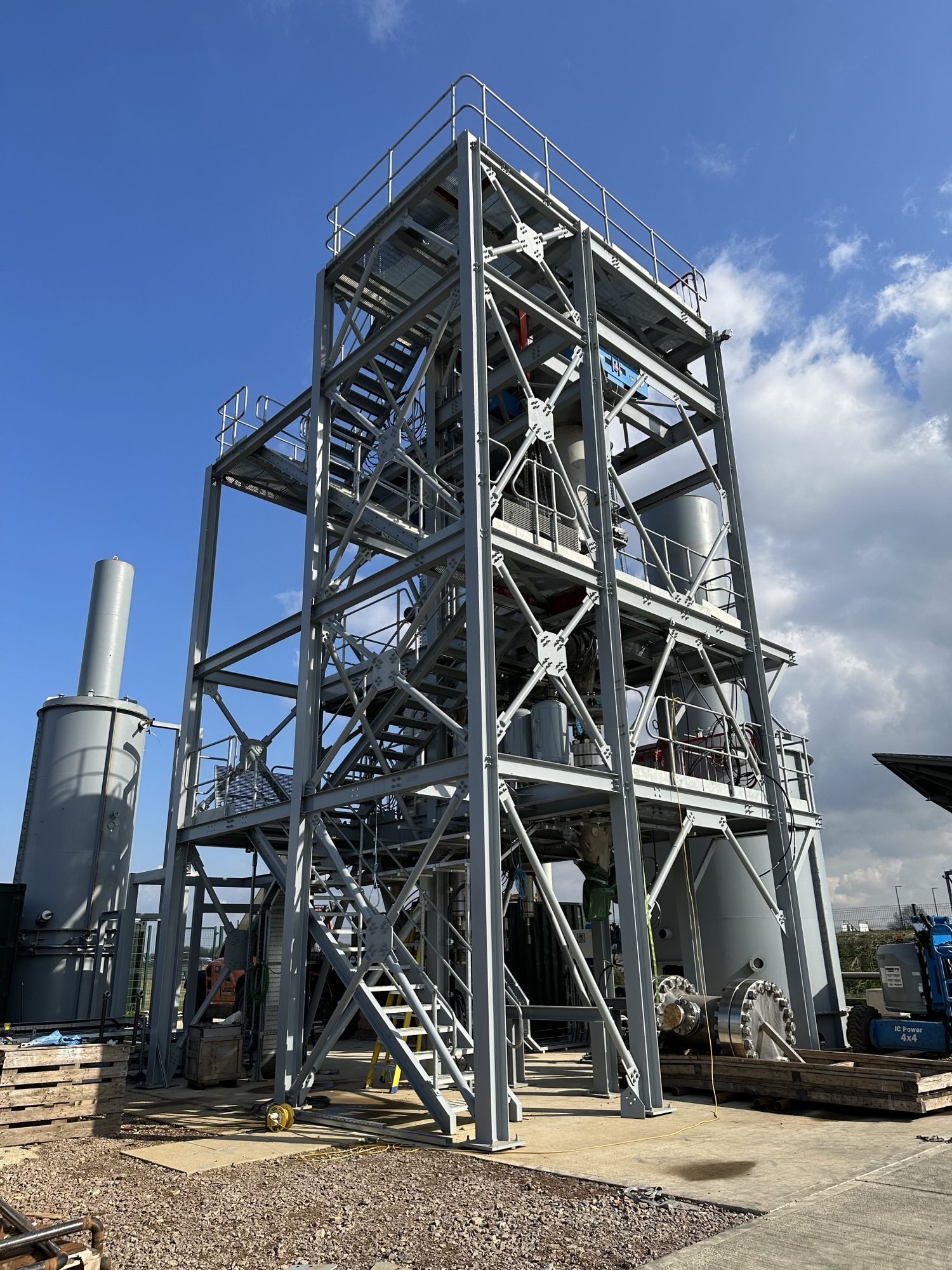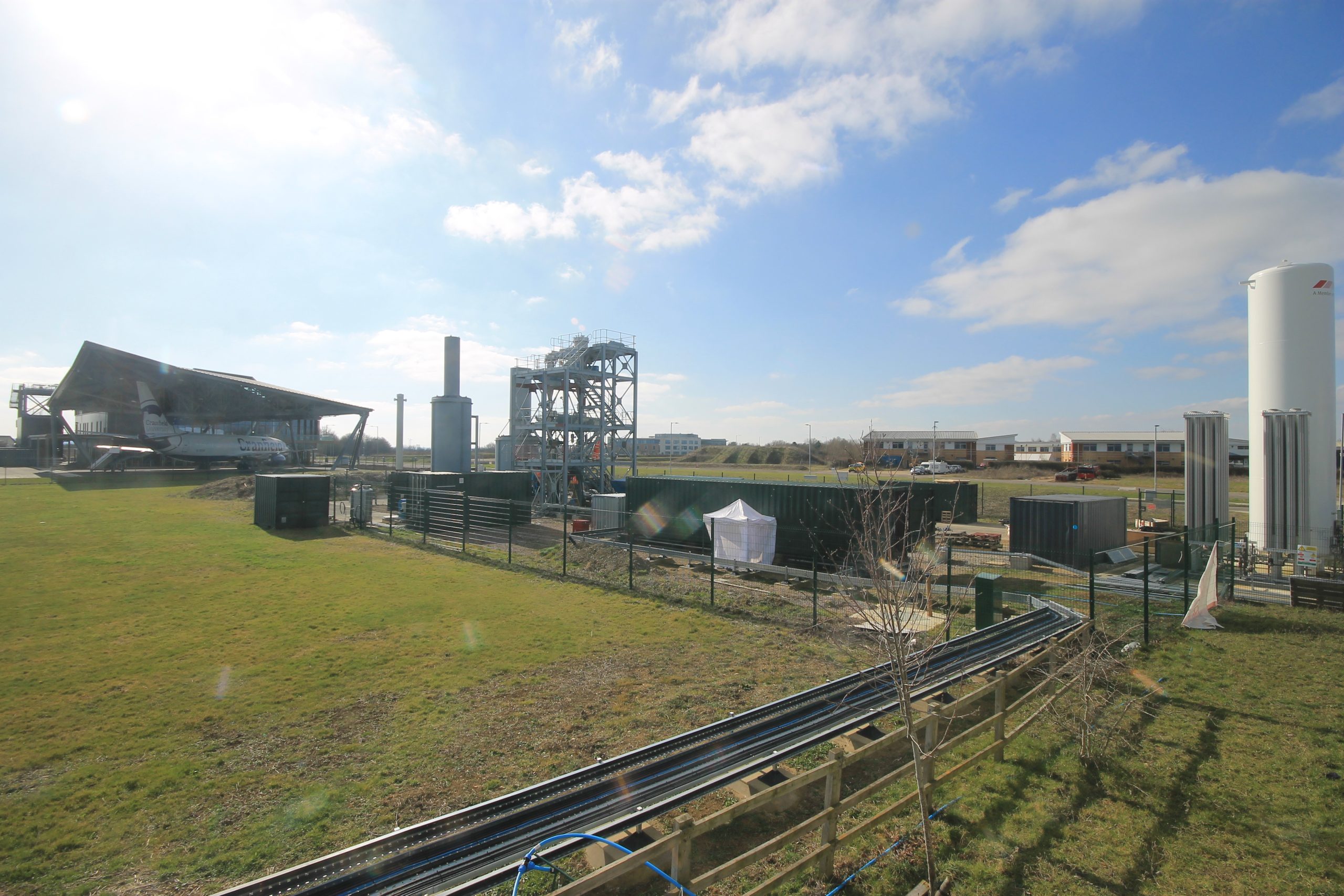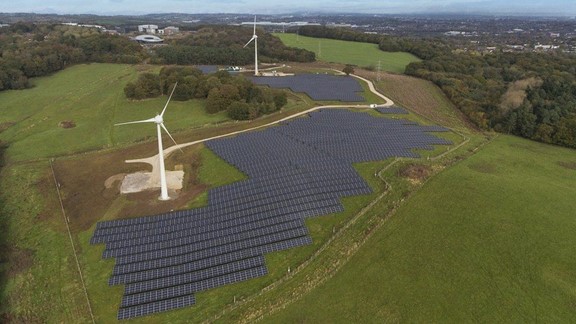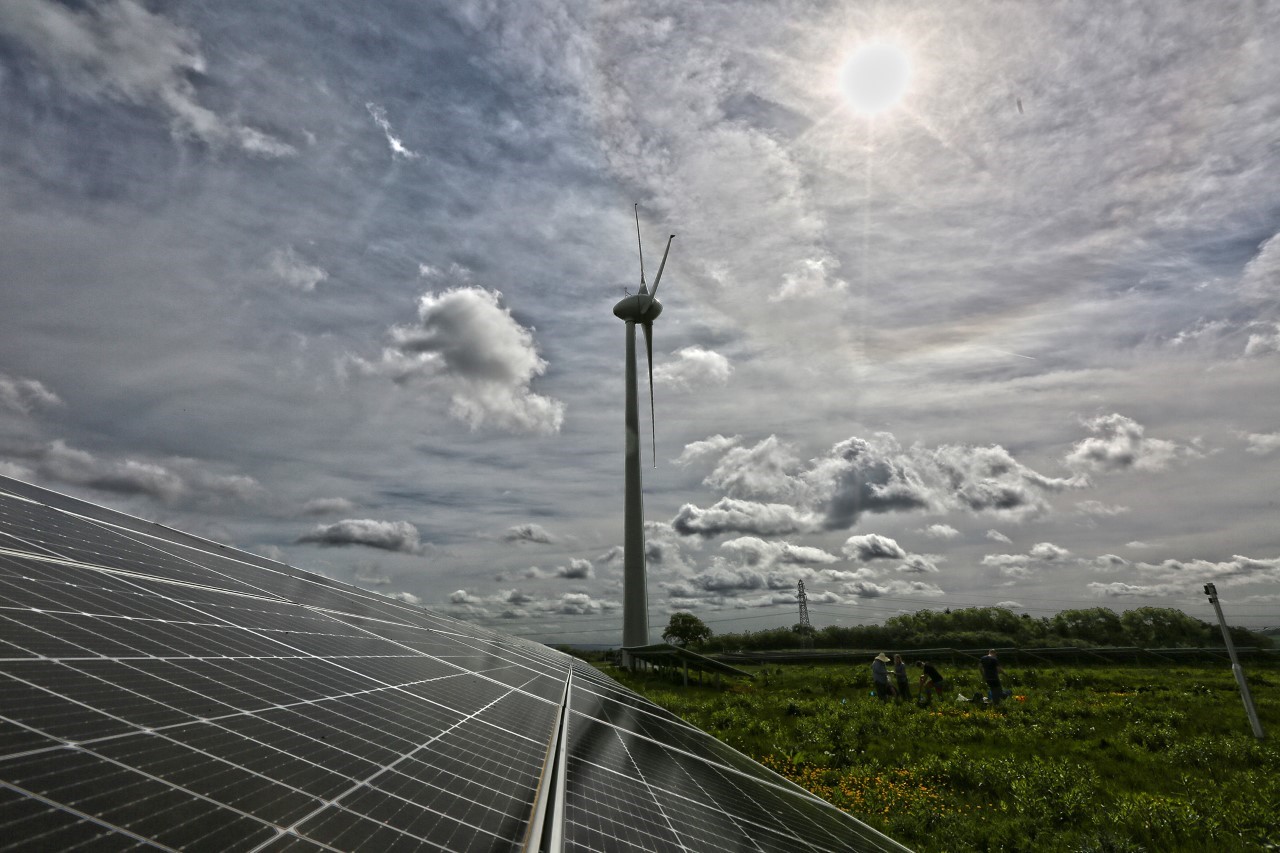Low-carbon technologies are being developed to address an urgent need to meet our energy needs while reducing the impact on our climate. Hydrogen offers a solution for cleaner energy production and the hydrogen economy is developing at an increasing pace. There is a need for more hydrogen production to support the decarbonisation of the national gas grid, manufacturing, transport and heat production.
The HyDEX partnership brings together a combined resource of around £55m worth of hydrogen demonstrator and research facilities across the Midlands region. Through the HyDEX activity and funding, these facilities are being made available to help businesses develop skills, products and services, accelerating the rapidly growing hydrogen economy.
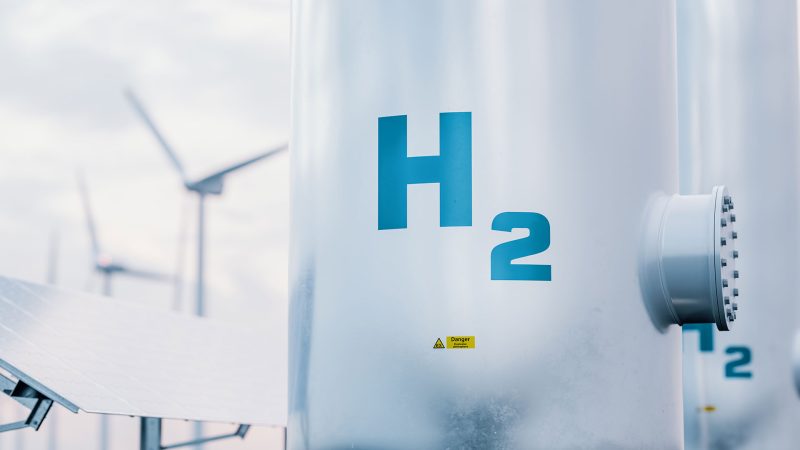
The University of Birmingham
Working with Tyseley Energy Park (TEP) and other partners in the Midlands, the University of Birmingham is pioneering infrastructure solutions in renewable heat and power, energy storage and clean transport fuels in combination with advanced waste processing. TEP features a hydrogen refuelling station and integrated ammonia cracker.
Read more about the Birmingham Energy Innovation Centre and the Tyseley Energy Park Demonstrator.
Contact Dr Artur Majewski or Dr Yousif Al-Sagheer at the University of Birmingham.
Keele University
Keele University has a long been involved in hydrogen research and innovation. Using the campus as a living laboratory, the HyDEPLOY trial demonstrated that a blend of 20% hydrogen could be used in the heating network.
Keele is today involved in numerous hydrogen and energy initiatives, applying its expertise to real world situations to develop practical solutions.
Through the HyDEX project, Keele will draw on this expertise and infrastructure to produce green hydrogen on site using a PEM electrolyser during periods when there is an excess of energy production from the on site energy park.
Read more about the demonstrator projects at Keele University.
Contact Julian Read at Keele for more information about the university’s hydrogen facilities.
Loughborough University
Our hydrogen research areas encompass all areas of hydrogen from production through to end use including storage, distribution, combustion, policy, economics and safety, sustainability analysis and lifecycle management.
Our research goals include:
■ low-cost design (for example not using exotic materials)
■ sustainable use of materials (for example abundant materials)
■ developing products with a good life span (robust chemistry), ease of use and repair
■ recyclability
■ 15 year maximum payback period
Read more about the capabilities at Loughborough.
Contact Professor Wen-Feng Lin for more information about facilities at Loughborough
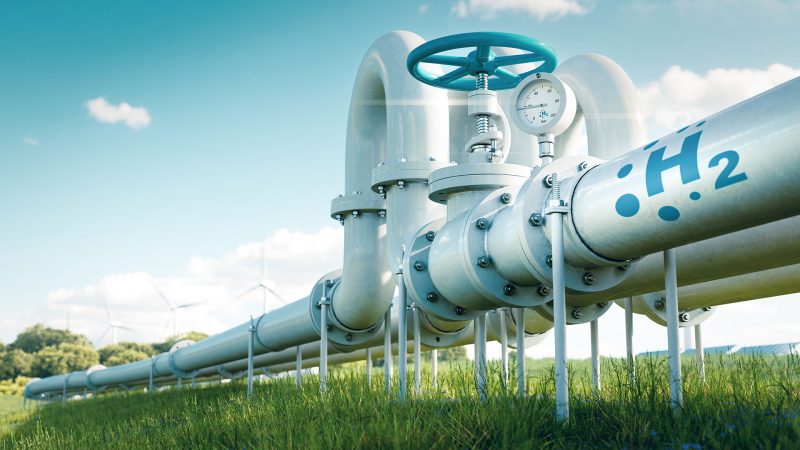
The University of Warwick
Warwick’s focus is on exploring and demonstrating how to use renewable sources to produce hydrogen. A novel green hydrogen production system has been found to be more efficient than current methods of hydrogen production. The evaluation of the technical and economic performance of this system is a core theme in its work which will upscale this innovative green hydrogen production to full commercial scale.
Read more about the green hydrogen demonstrator at the University of Warwick.
Contact Professor Sai Gu at Warwick for more details about the University’s hydrogen facilities.
Get in touch
If you are interested in finding out more about the HyDEX project, accessing facilities or discussing the skills needs in your sector, please get in touch.
